
Pursuing a more extended life has turned into a reality backed by groundbreaking science. Breakthroughs in cellular repair, plasma therapies, and nanotechnology hint at a future where age-related decline becomes a choice, not a fate. What once seemed impossible now feels closer than ever. And the journey has just begun.
The Secret of Cellular Reprogram

Reprogramming adult cells to mimic youthful ones is revolutionizing aging science. Scientists like Shinya Yamanaka have found that induced pluripotent stem cells can erase biological markers of aging. Imagine cells behaving decades younger! This breakthrough holds promise for repairing age-related tissue damage and extending health span.
The Role of Senescent Cells in Aging
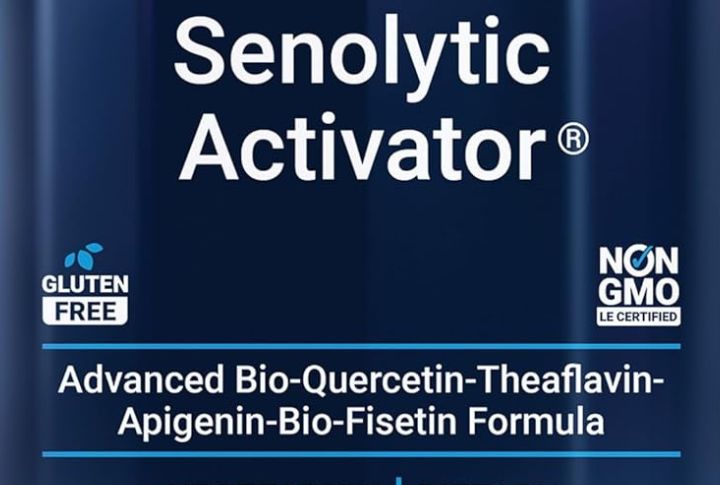
Senescent cells are like the “zombies” of your body—they stick around and cause damage. Researchers are developing medications called “senolytics” to target these cells and reduce chronic inflammation. By 2023, trials in animals showed improved organ function, and humans could soon see similar benefits.
Telomeres as Lifespan Regulators

Acting like guards for your DNA, telomeres shrink with age and contribute to cellular decline. Scientists discovered telomerase, an enzyme that restores these caps and extends the lifespan in lab animals. However, activating it in humans poses cancer risks, which makes this research both promising and challenging.
Autophagy and Cellular Renewal

Autophagy, your body’s natural clean-up process, clears damaged cells to stay healthy. Studies show fasting triggers this vital mechanism, giving cells a fresh start. Recent experiments with autophagy-boosting compounds suggest it might become a longevity game-changer. Are we close to a biological reset button?
Restoring NAD+ Molecules for Vitality

Your cells depend on NAD+ for metabolism, but levels drop as you age. To combat this, supplements and therapies are being developed to restore these molecules. Early tests have shown improved energy and better DNA repair. Keeping NAD+ levels up could help you feel decades younger at the cellular level.
The Influence of Gut Microbiota

The gut bacteria influence everything from immunity to aging. Scientists are developing personalized probiotics to optimize your microbiome. A groundbreaking 2023 study even linked gut health to longer lifespans in centenarians. Imagine a thriving gut as your ultimate secret weapon in the battle against aging!
Synthetic Molecules to Enhance Longevity
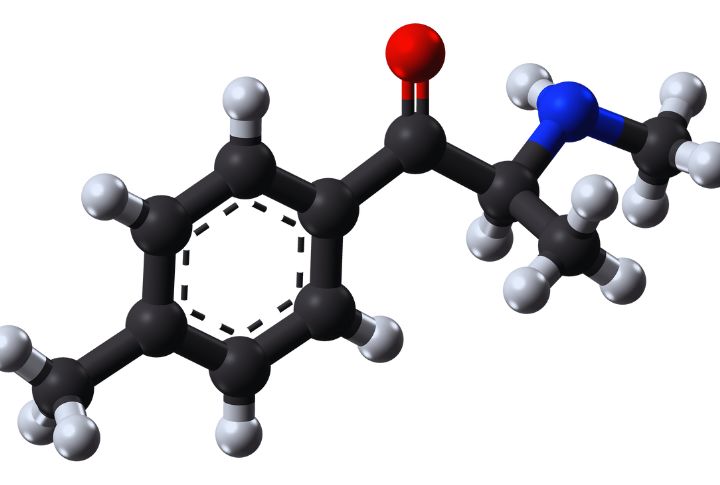
Synthetic molecules target aging pathways like TOR and AMPK, which regulate cell growth and energy. These molecules mimic the effects of caloric restriction without dietary changes. Some are already in clinical trials, offering a glimpse of a future with age-defying treatments.
Epigenetic Modifications to Reverse Age
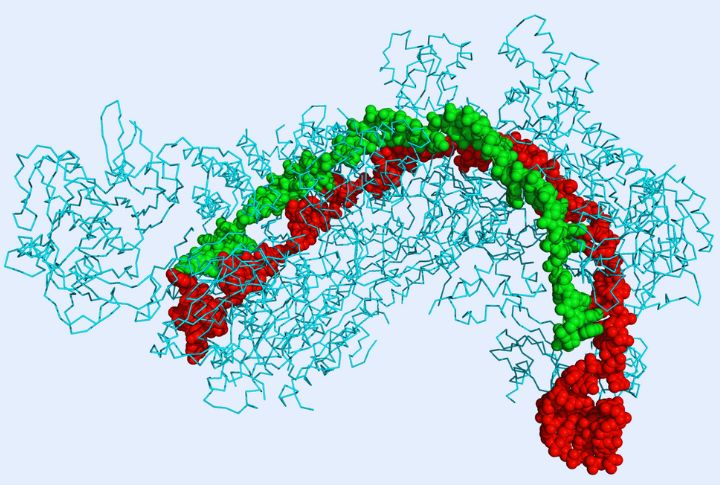
Our DNA’s “instructions” change with age and influence how genes behave. Scientists are exploring epigenetic resets using tools like CRISPR to restore youthful gene activity. While early studies hint at immense potential, risks like off-target edits and incomplete understanding of long-term effects remain significant obstacles.
Artificial Intelligence in Longevity Research

Imagine how technology could turn the dream of living longer into reality. Artificial intelligence is revolutionizing longevity research by analyzing vast datasets to pinpoint potential anti-aging treatments faster than ever. In 2024, AI helped researchers discover a molecule that repairs DNA damage.
A New Approach with Senomorphics
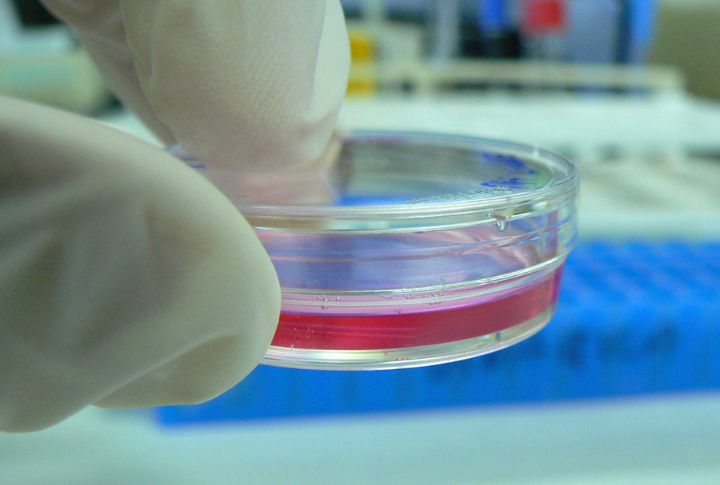
Senomorphics suppress harmful signals from senescent cells without destroying them. Unlike senolytics, they preserve beneficial cellular functions. In 2023, researchers found they improved tissue regeneration in mice. This approach may soon help you age gracefully by reducing inflammation and maintaining cell health.
Youth Factors in Plasma Therapy

Blood from younger donors sparked hope after rejuvenating older mice in experiments, which boosts energy and cognition. Although human studies yield mixed results, isolating the active components is tricky. Without precise mechanisms or scalable methods, plasma therapy remains an intriguing yet speculative avenue for anti-aging.
The Future of Stem Cell Therapies

The future could be regenerative for everyone. Scientists are working on enhancing stem cell function through advanced gene editing. Stem cells regenerate tissues and repair damage, but they decline with age. Clinical trials are already showing promise for repairing injuries and reversing degenerative diseases.
Compounds Mimicking Caloric Restriction
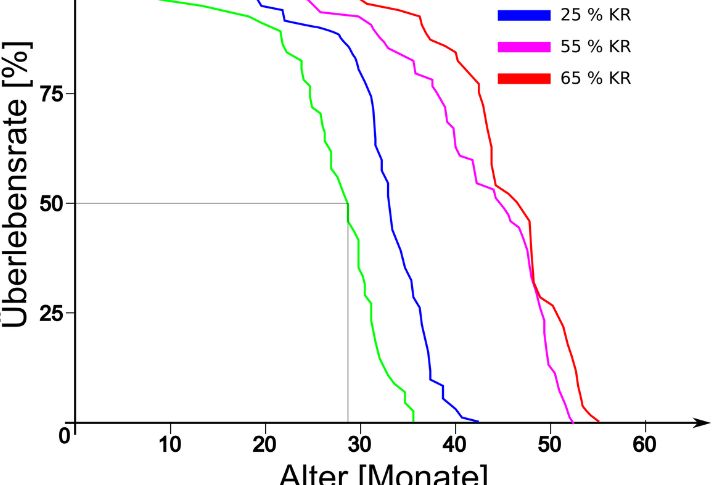
Caloric restriction extends lifespan in animals, but constant dieting isn’t realistic. Researchers are creating compounds that mimic this effect by targeting pathways like sirtuins and AMPK. These compounds aim to give you the benefits of fasting without skipping a single meal.
Mild Stressors and Hormesis

Picture small, controlled stressors working to fortify your cells against the challenges of aging. Hormesis, a process where mild stress triggers protective responses, is being studied for anti-aging effects. Activities like cold plunges or intermittent fasting activate these mechanisms.
Biomarkers as Aging Clues
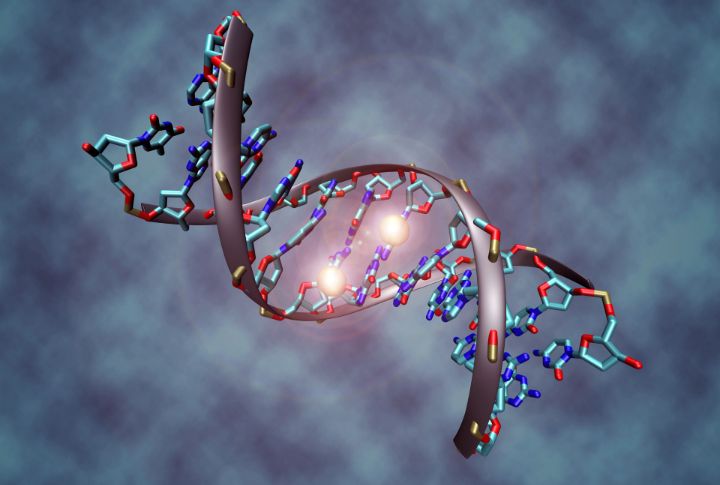
Scientists are refining ways to measure biological age beyond the calendar. Biomarkers like DNA methylation levels and telomere length help track aging processes. Accurate monitoring could guide personalized treatments to slow or even reverse aging. You could soon know exactly how old your body truly is.
Mitochondrial Transplants for Energy Boost
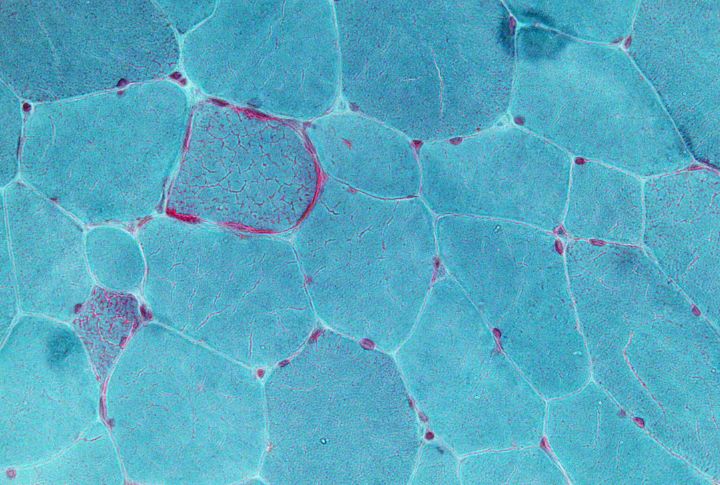
Replacing damaged mitochondria with healthy ones is a groundbreaking therapy in development. A 2022 study showed improved energy metabolism in aged animals after mitochondrial transplants. Could this cellular “engine swap” someday make fatigue and age-related decline obsolete for humans?
Mitochondrial Health and Energy
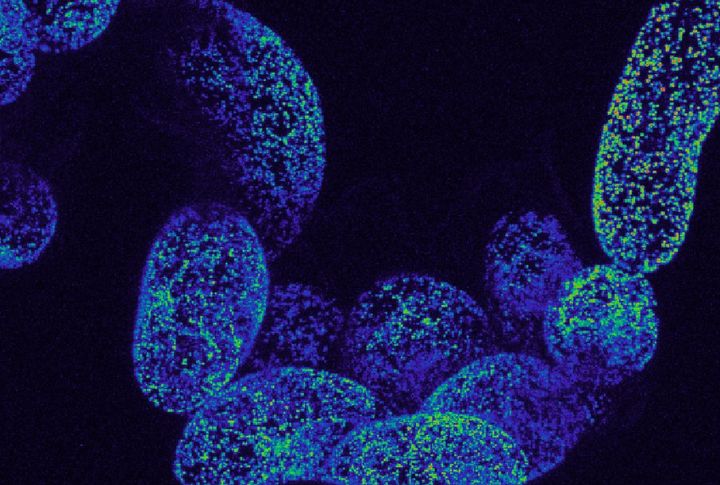
Your cells’ powerhouses, mitochondria, weaken over time, which causes energy loss. Replacement therapies aim to rejuvenate cells by swapping out damaged mitochondria. While animal studies show promise, technical hurdles like ensuring compatibility and safety in humans slow progress.
Longevity Diets and Personalized Nutrition

Scientists are uncovering diet patterns that extend life by balancing nutrients like protein and carbs. Inspired by regions with high numbers of centenarians, the Blue Zones Diet provides a template for living longer. Personalized nutrition could tailor these strategies to your unique biology.
Proteostasis Technologies for Protein Health
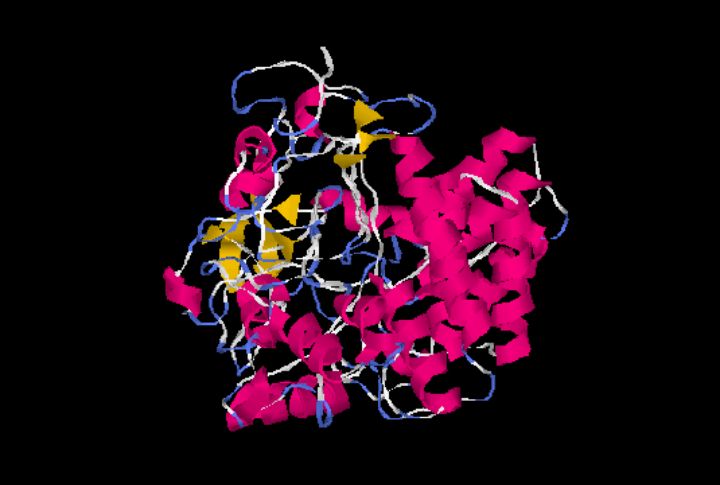
Maintaining proteostasis ensures proteins fold correctly and avoid clumping, a hallmark of aging diseases like Alzheimer’s. Researchers are developing medications to enhance proteostasis. Think of it as a factory reset for your cells’ protein machinery, which keeps everything running smoothly for longer.
Nanobots to Repair Cellular Damage

Nanobots could transform medicine by precisely targeting damaged cells and toxins. Early prototypes have shown promise in lab settings, but deploying fleets of nanomachines inside humans is a long way off. Challenges like miniaturization, safety, and real-world application must be overcome before nanotechnology fulfills its potential.
